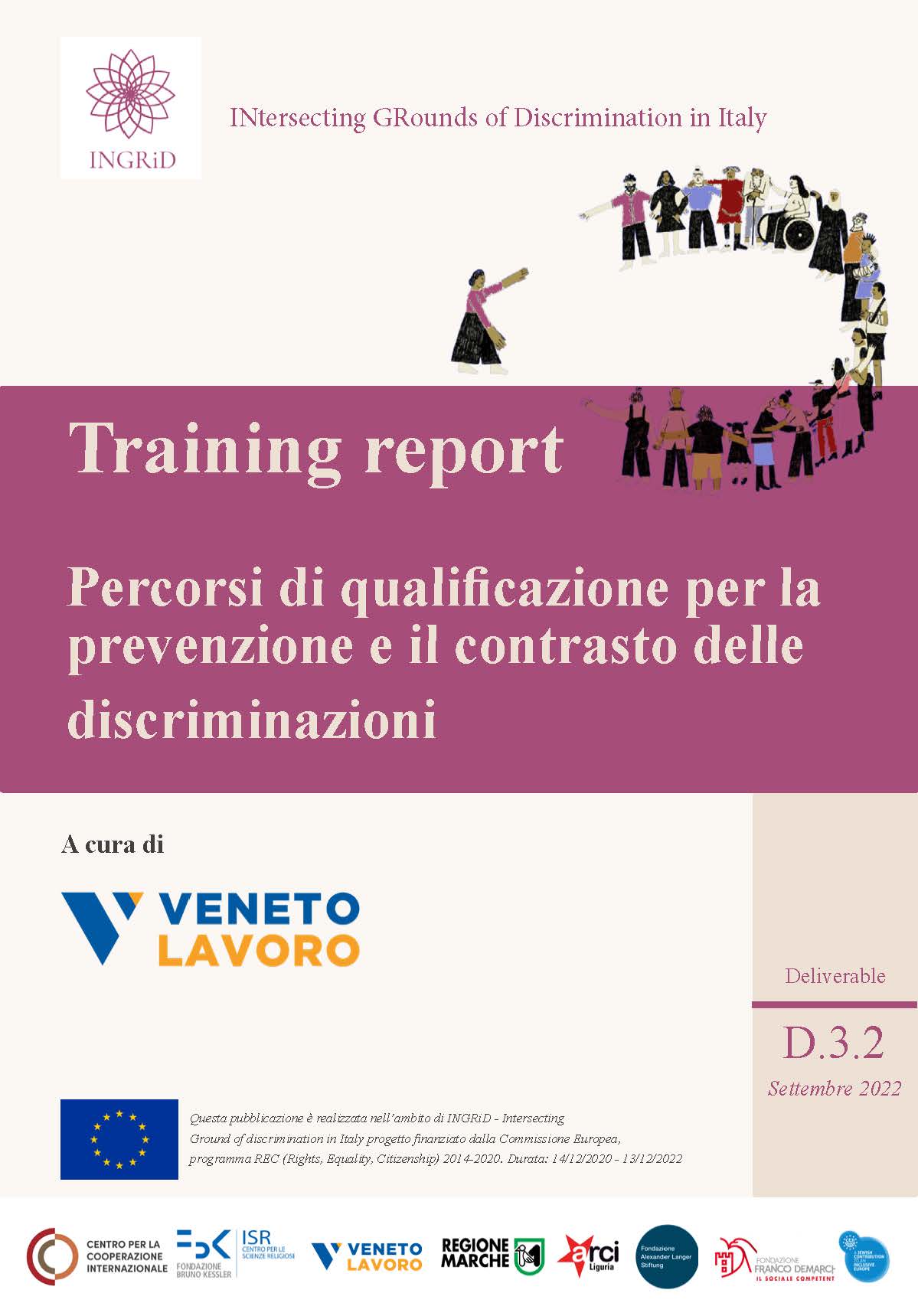
.The concept of internationality has significant implications in education and [...]
The concept of internationality has significant implications in education and training. An intersectional approach fosters an awareness of the complexity of individual identities and trajectories; provides tools for analysing the context in relation to global and local systems of power; illuminates the blind spots, highlighting the specificities of each individual discriminatory situation; voices the perspectives and experience of people belonging to minority groups; and strengthens the ability to be agents of change towards greater social justice. The qualification paths carried out by Veneto Lavoro as part of the INGRiD project (May-July 2022) respond to the need for training on the prevention and contrast of discrimination, while promoting at the same time the adoption of an intersectional perspective both in the planning of activities and in moments of training. Veneto Lavoro worked with personnel of public transport companies and personnel of the Public Administration in Veneto. This target was identified in light of both the centrality of the areas in which the target groups operate and the frequency with which interactions occur with users belonging to categories and groups most victims of direct and indirect discrimination. The training courses proposed by Veneto Lavoro (13 meetings, 40 total hours of training) were attended by 106 participants, who showed great interest in the intersectional approach and intersectional discrimination. Attention to subjectivities and individual social and working contexts, together with the use of an experiential methodology, allowed central aspects of internationality to emerge both in the relationship with users and between colleagues. In this regard, the gender dimension emerged particularly, together with the participants’ need for more moments of dialogue also in the light of episodes of discrimination and harassment in the workplace.


